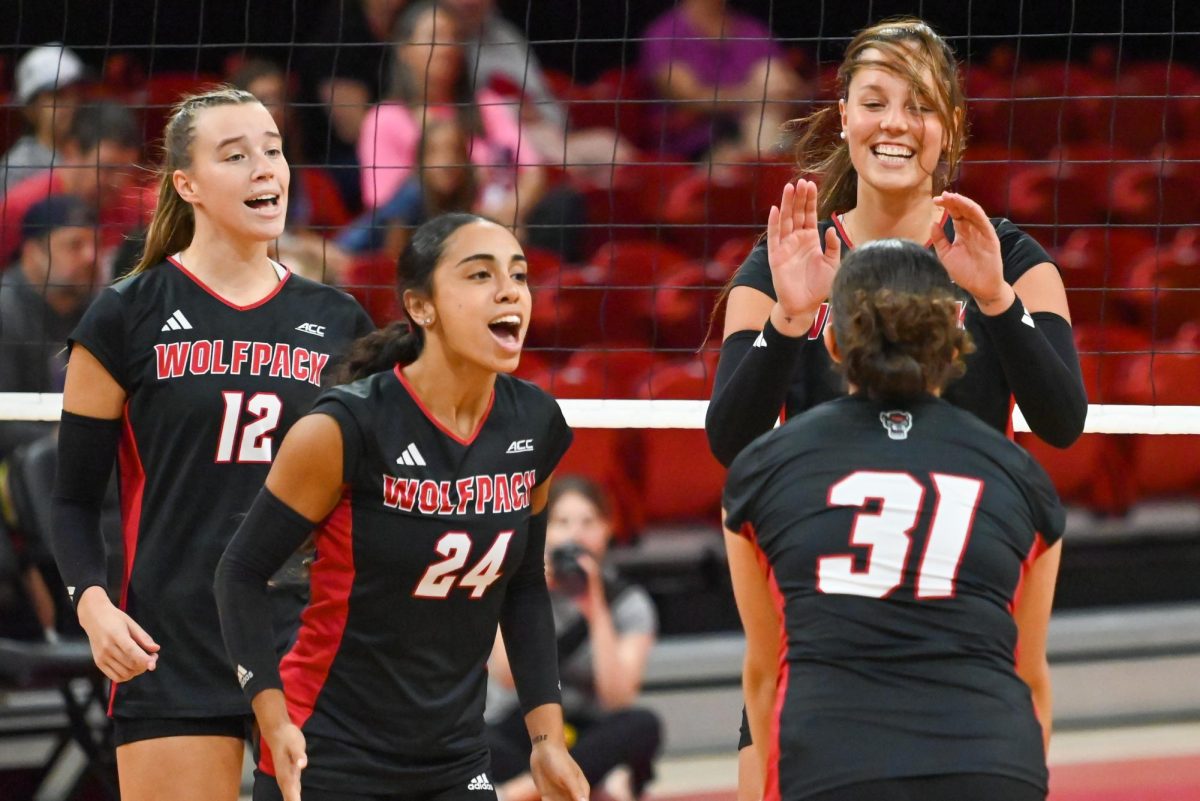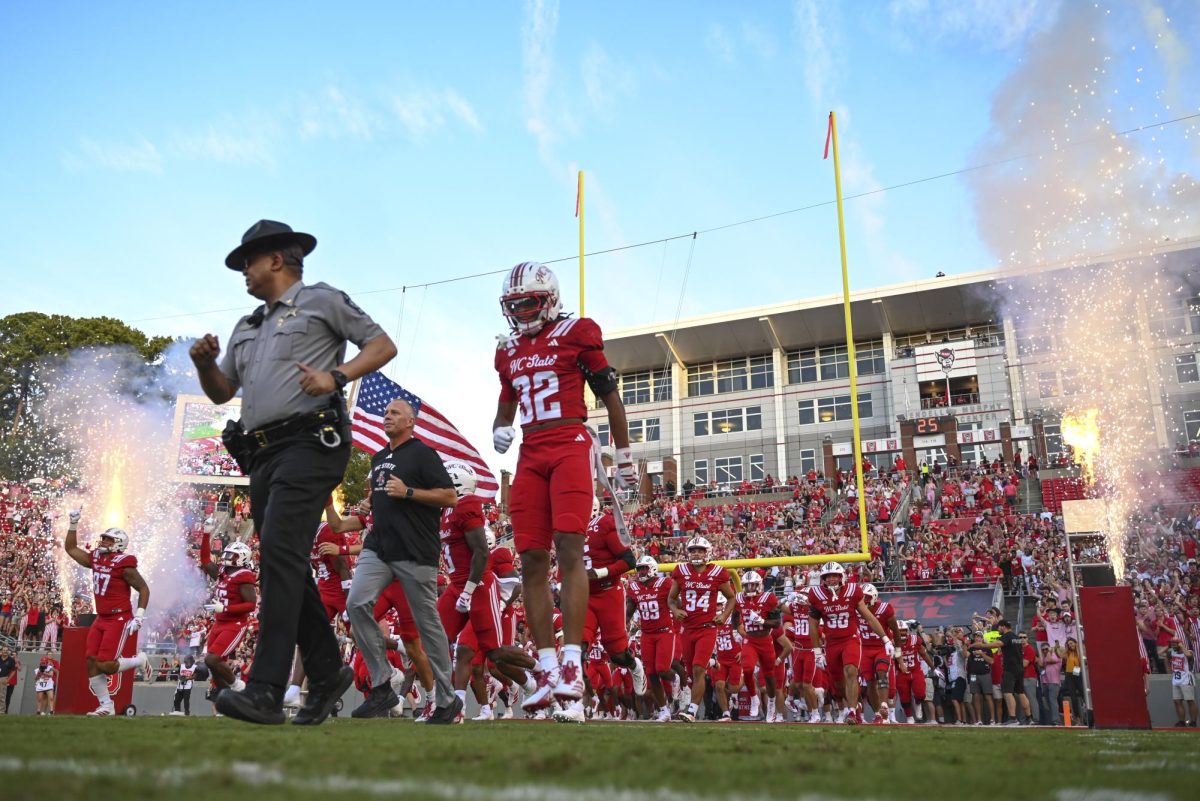Wolfpack; 9/11/01.
On that 21 st century “…day that shall live in infamy,” at 1:30 p.m ., here at N.C . State, I was to teach my 200 student section of Introduction to Psychology. By that time of that day, all air travel had been halted, both towers had collapsed, and no civilians knew the whereabouts of the President of the United States.
Rather than go through with my scheduled lecture on “Research Methods In Psychology,” I opened the class by reciting John Donne’s poem “No man is an island.” Then I said to my students, let’s talk about what has happened in our country today. Some students revealed that they had family in New York City who they had been trying to, but could not reach. From there the discussion in the class was somber, angry, fearful and sometimes bizarre. One exchange between students was intense. “I think we should nuke ‘em,” a student yelled out.
It was the case that in that class, five or six of the students, who often came to class in uniform, were in the U.S . Marine Corps, Navy ROTC. When the “let’s nuke ‘em” exclamation was yelled out, immediately one of the young Marines threw up his hand and without waiting for my acknowledgement turned in the direction of that voice and loudly said,
“…nuke who? You don’t know what you’re talking about! Who do we aim nuclear weapons at; were we attacked by another country today! That’s just silly!”
It was a blistering exchange and critique. Yet all of the complexity of the mood in the room was captured by the students’ who said:
“I don’t understand how the world works anymore.”
“I don’t feel safe anymore.”
Osama Bin Laden’s attack of America on 9/11 did not change everything. What that terrorist attack did do was jolt us into paying attention to the many social changes that were already going on around us in America; changes in the racial mix and racial rules of social interaction; changes in gender roles and rules; changes in the ways we communicate with each other; changes in our relationships with other countries. With the jolt of the 9/11 attacks that awakened this sudden new awareness of how much had been changing, came anxiety. At that point we began living with, and continue to live with a neo-diversity anxiety; awareness that in America it was no longer easy to answer the question, who are the ‘we’ and who are among the ‘they.’
Osama Bin Laden’s death will not eliminate that anxiety. But his death at our hands can serve to help we-Americans be less vulnerable to that anxiety. As we commemorate the tenth anniversary of 9/11, my hope is that in this time of reflection and emotional release that we recognize that Osama Bin Laden’s terrorism was only one of the things that has been haunting us. In this time of reflection, I especially hope that we recognize that the other changes in our social world that had snuck up on us are not to be feared and that no matter what, we cannot “…nuke ‘em.” If we can use our shared emotion and reflection in that way, we will become less vulnerable to the charlatans who try to manipulate us to accomplish their own selfish goals by using our anxieties to make us fearful of our fellow-Americans.




